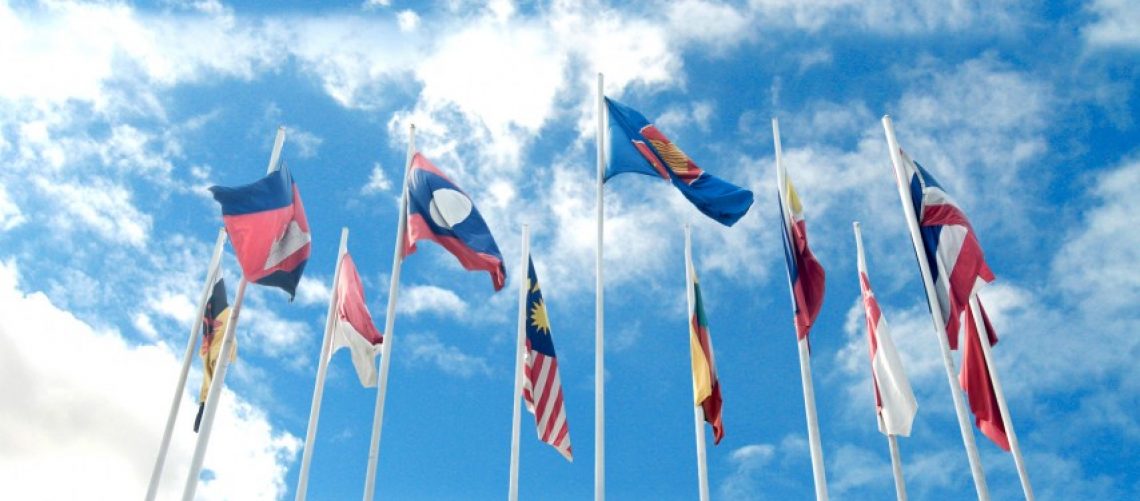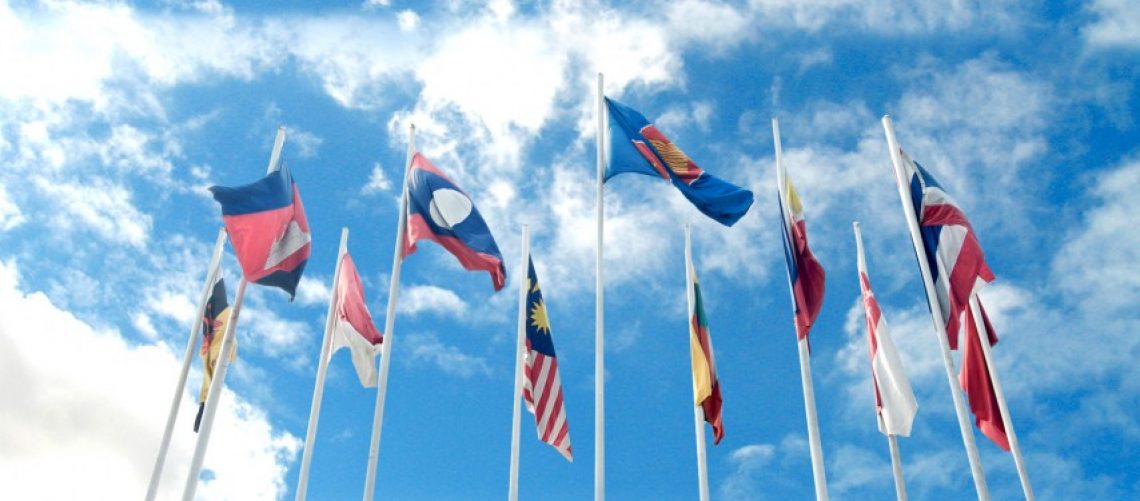ASEAN officials today concluded the Terms of Reference for a cross-agency, cross-border network that will target criminals and syndicates involved in the lucrative illegal wildlife trade. After senior environmental officials launched the ASEAN Wildlife Enforcement Network (ASEAN-WEN) in December 2005, Police and Customs officials joined them for the first time this week in Bangkok to develop plans for new national wildlife crime task forces that will eventually link up across the region. Thailand and the Philippines reported that new task forces are already in development, with several multi-agency criminal investigation courses slated for this year. During the two-day seminar, officials from Interpol, the US Drug Enforcement Agency, US Department of Justice, China, and the United Nations Convention on International Trade in Endangered Species of Wild Fauna and Flora (CITES) provided information to members of the new network about linkages between wildlife smuggling, drug trafficking and other forms of organised crime, as well as methods for countering trans-national crime syndicates. The seminar was followed by a one day meeting in which ASEAN officials selected national “focal points” for sharing intelligence on wildlife criminals. Noting that the illegal wildlife trade is now the third largest form of black market trade in the world next to drugs and arms, Mr. Suvat Singhapant, Deputy Permanent Secretary of Thailand’s Ministry of Natural Resources and Environment said, “ASEAN-WEN will be our region’s weapon against wildlife criminals who network across our borders.” “There is still some way to go before this network is a true wildlife Interpol,” said John Sellar, Senior Enforcement Officer for CITES, “but as Police and Customs collaborate more and more with national CITES officers, ASEAN-WEN can obtain what it needs to put some major wildlife criminals out of business and behind bars where they belong.” Southeast Asia has been targeted by criminals because of its rich biodiversity. Environmental and law enforcement officials have reported increased networking among criminal traders operating across Asia’s borders, smuggling enormous quantities of rare and endangered species of plants and animals into and out of the region. In support of this commitment by ASEAN Countries, the United States Agency for International Development (USAID), the US State Department, the Secretariat of ASEAN and CITES, as well as two non-governmental organisations, WildAid and TRAFFIC, have all offered their assistance to the new network. Indonesia will host the Next Meeting of the ASEAN-WEN in early 2007.
PRESS RELEASE Police and Customs Join New ASEAN Wildlife Enforcement Network, Bangkok
25 May, 2006








